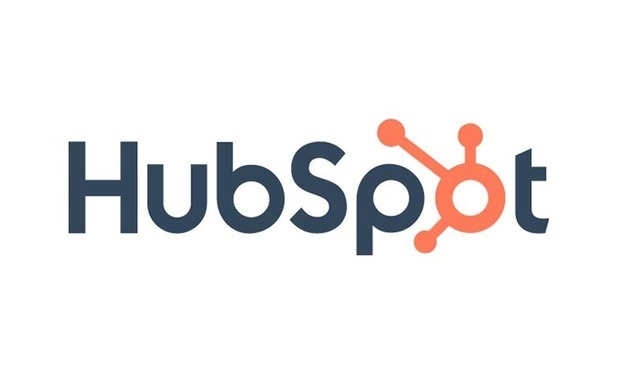
- 1. Pros and cons of the HubSpot CRM
- 1.1. Pro: It’s FREE
- 1.2. Pro (Released in 2018): Live chat
- 1.3. Pro: Better insights
- 1.4. Pro: No customization limits
- 1.5. Pro: Uses the same database as marketing platform (no integration needed)
- 1.6. Pro: can be used with other CRMs
- 1.7. Con: relatively new
- 1.8. Con: Lightweight
- 1.9. Con: Lack of flexibility
- 2. Hubspot's Pricing
When HubSpot released their free CRM (Customer Relationship Management) and Sales Tools in 2014, they added a whole new dimension to the company's offerings and value.
They expanded its effects beyond just marketing into sales, and now even customer service — all at no additional cost to start.

In this article, we'll take an unbiased (as much as we can!) look at the HubSpot CRM and Sales Tools and share the pros and cons of each.
Pros and cons of the HubSpot CRM
The HubSpot CRM makes it easy to organize, track, and grow your contact list and sales pipeline, but like everything, it has both its pros and cons.
Pro: It’s FREE
According to HubSpot, the CRM will be free to use forever -- even if you’re not a paying HubSpot customer.
Not only is it free, but it includes unlimited users - meaning you can add your ENTIRE team - Marketing, Sales, whoever!
Pro (Released in 2018): Live chat
HubSpot released their Live Chat tool (Conversations) this year to all users, free or paid.
It's super simple to set up and manage, and you even get basic chat bot functionality to take your online visitor and customer experience to the next level.
With paid levels of the HubSpot tools, you get even more robust functionality to be able to customize and manage live chat and incoming inquiries in a way that makes sense for your team.
Pro: Better insights
The HubSpot CRM tracks customer interactions automatically, providing valuable insights into customer behavior and making it easier to know when to follow up.
With the Gmail and Outlook extensions, you're able to track email opens and clicks to see how users are interacting with your emails in real-time.
Note: for the free CRM, you'll be able to see the first 7 days of tracked website activity on a contact. With HubSpot's paid Marketing Hub tools, you'll be able to see ANY tracked data.
Pro: No customization limits
Most CRMs have annoying customization limits, but HubSpot allows you to customize everything to your brand and your specific sales process.
Pro: Uses the same database as marketing platform (no integration needed)
Both marketing and sales perform best when they’re in alignment. The HubSpot CRM is natively connected with the HubSpot marketing tools, allowing a smooth transition of leads from marketing to sales in your funnel and far easier communication of data.
As you grow with HubSpot, all of your data will remain in the same place -- upgrading your subscription will simply give you added functionalities and features.
Pro: can be used with other CRMs
At IMPACT, we often find that many of our clients enjoy using the HubSpot CRM for prospecting due to its simplicity and functionality (and integration with HubSpot’s other sales tools), but find Salesforce (or another legacy system) is still useful for other needs.
Luckily, the HubSpot CRM doesn’t affect anything your organization is doing in other CRM platforms, such as SFDC or Microsoft Dynamics.
They can be used simultaneously — and both can be integrated into HubSpot as well.
Con: relatively new
Since HubSpot CRM is still relatively new compared to other major CRM players, there are some feature limitations.
However, HubSpot's emphasis on research and development has alleviated many former qualms about the platform and there are updates being made to regularly.
Con: Lightweight
Although HubSpot CRM is great for growing businesses, organizations with large sales teams might find that HubSpot CRM isn’t advanced enough just yet.
Con: Lack of flexibility
Compared to other CRMs, HubSpot's platform is relatively inflexible. While there are certainly features you can customize around your team's processes and needs, we've found that organizations with very complex sales processes aren't able to find the flexibility they're looking for in the HubSpot CRM.
Hubspot's Pricing



